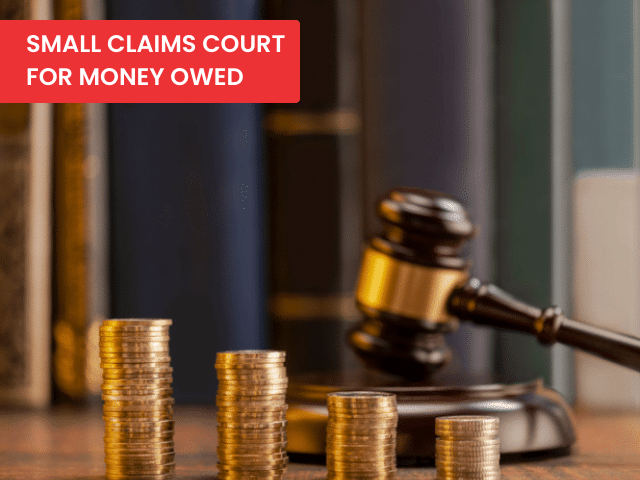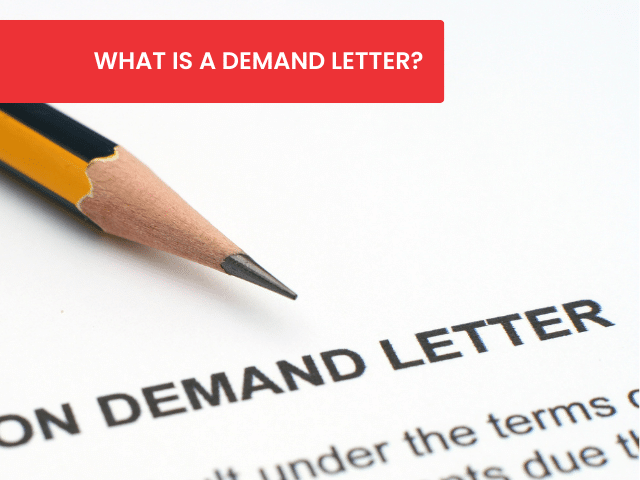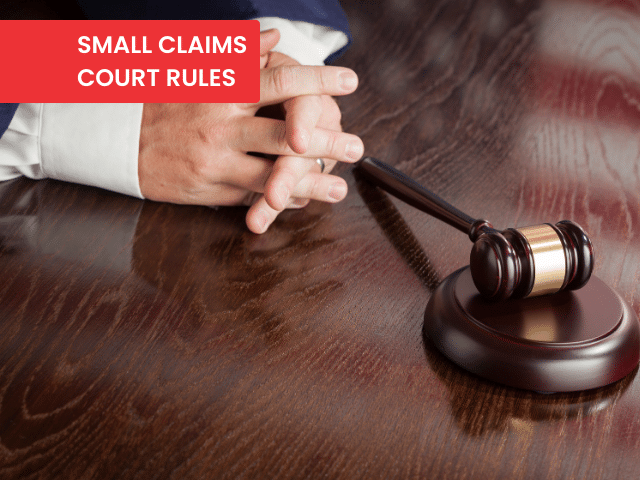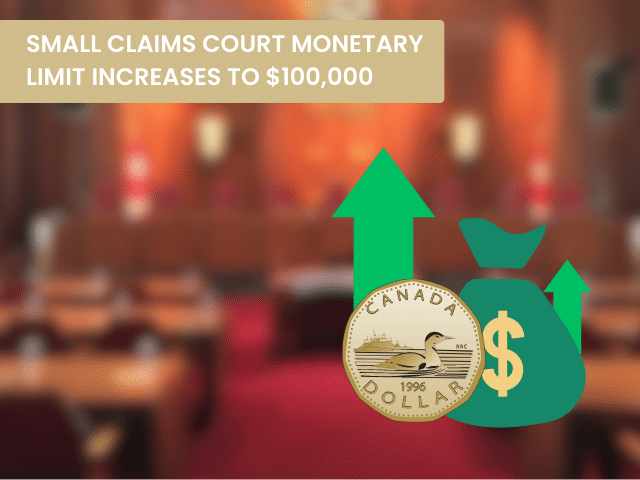The Purpose of Small Claims Court
The small claims court serves a pivotal function in Alberta’s legal system by offering a convenient, affordable, and expedited platform for resolving minor disputes involving money. The rationale behind this court’s establishment lies in the concept of accessibility, aiming to make the justice system approachable and attainable for everyone, regardless of their financial situation or legal expertise.
One of the primary purposes of small claims court is to ensure fairness in financial disputes that may seem minor in the grand scheme of legal cases but are nonetheless significant to the individuals involved. By offering a venue for these disputes, small claims court ensures that every person has a fair shot at justice, even when the dollar amounts at stake wouldn’t warrant the time or cost of a typical court case.
In addition to this, the small claims court serves as a learning platform for individuals. It allows people to handle their cases, which in turn helps them understand the legal procedures involved in dispute resolution. This educative purpose plays a key role in empowering individuals to navigate the legal landscape.
Small claims court also encourages resolution and compromise. Often, the process prompts the defendant to settle the debt before the hearing, which not only simplifies the procedure but also fosters a spirit of resolution and conciliation.
Ultimately, the purpose of small claims court is multi-faceted, aiming to democratize access to justice, foster fairness in financial disputes, educate individuals about the legal system, and promote peaceful resolutions. This distinct court plays an integral part in maintaining the balance and inclusivity of our justice system.
Eligibility for Small Claims Court
Eligibility for small claims court is governed by a set of stipulations that dictate the nature of cases that can be brought forward. While these specific criteria may vary across jurisdictions, there are several common elements that typically apply.
The foremost factor in determining eligibility is the monetary value of the claim. Small claims courts have an upper limit for the dollar amount of the dispute, often ranging from $5,000 to $10,000, depending on the specific court and state. If the money owed exceeds this threshold, the case will usually need to be filed in a higher court.
Another critical aspect is the nature of the dispute. Small claims court is designed to resolve specific types of cases, primarily those involving monetary disputes such as unpaid debts, property damage, breaches of contract, and landlord-tenant disputes over security deposits. Certain types of cases, like divorces and bankruptcies, are not handled by small claims courts.
Age is also a consideration. Generally, the claimant must be at least 18 years old to file a case. If the claimant is a minor, a parent or guardian typically has to file the case on their behalf.
Lastly, the defendant’s location can impact eligibility. Often, the person or business you’re suing must reside in or have a place of business within the court’s jurisdiction.
Understanding the eligibility criteria for small claims court is crucial. It ensures that you’re pursuing the appropriate legal avenue for your dispute, saving time, effort, and resources. Remember, when in doubt, consult with a legal expert or your local small claims court to ascertain if your case qualifies.
Process to Sue in Small Claims Court
Embarking on a legal journey in the small claims court requires an understanding of the procedure involved. The process, while more straightforward than that of higher courts, demands careful attention and diligence.
The journey begins with an assessment. Ensure that your case meets the criteria for a small claims lawsuit. This includes confirming that the amount in dispute falls under the court’s maximum limit and the case pertains to a qualifying type of dispute.
Next, comes preparation. Arm yourself with all supporting documentation related to your case. This might include contracts, invoices, emails, text messages, and any other evidence demonstrating that money is owed to you. This preparatory stage is crucial as the outcome of your case heavily relies on the strength of your evidence.
Filing the claim is the next step. Visit your local small claims court or their website to obtain the necessary forms. These forms need to be filled out accurately and honestly, detailing your dispute and the amount you are claiming. Once completed, submit these forms to the court along with any required filing fees.
Following this, the court typically arranges for the defendant to be served with a copy of your claim. This service process can vary by jurisdiction and may be done via certified mail, sheriff’s deputy, or private process server.
Afterward, a court date is set. On this day, both parties present their case before a justice. Unlike traditional courtrooms, small claims proceedings are relatively informal, and individuals often represent themselves.
Should the justice rule in your favor, the final step involves collecting the judgment. The court may provide directions on the next steps for collecting the money owed.
The small claims court process, while simplified, necessitates patience and meticulousness. Understanding each step can help ease the journey and increase your chances of success.
Collection of Judgement Money
Securing a favorable judgement in small claims court is an achievement, but it often marks the beginning of another challenging phase – collecting the judgement money. While the court makes a decision on the case, it doesn’t ensure the payment of the money awarded. That responsibility falls to the victorious party.
After winning your case, you’ll typically receive a judgment from the court specifying the amount of money the defendant owes you. While some defendants may pay immediately upon losing the case, others might require a bit of nudging.
If the debtor doesn’t willingly pay the judgement, you may have to engage in judgement enforcement actions. Depending on your jurisdiction, these can include wage garnishment, property liens, or bank account levies. Wage garnishment involves directing a portion of the debtor’s wages towards repaying the debt. Property liens can be placed on the debtor’s property, preventing them from selling or refinancing without settling the debt. Bank account levies permit the removal of funds directly from the debtor’s bank account.
It’s important to remember that these methods require specific legal procedures, and in some cases, further court orders. Therefore, it’s crucial to research your local laws or consult with a legal expert to ensure your actions are compliant.
In some cases, the debtor may not have the means to pay the judgement immediately. If this happens, you might be able to work out a payment plan, ensuring you receive the money owed over a period of time.
Collecting judgement money can be a complex and time-consuming process. However, armed with the correct information and an understanding of the available enforcement mechanisms, you can successfully navigate this journey and reclaim what’s rightfully yours.
Benefits and Challenges of Small Claims Court
Utilizing small claims court for resolving monetary disputes comes with a unique set of benefits and challenges. By weighing these, individuals can make informed decisions on whether this legal avenue is the most appropriate route for their situation.
Among the benefits, the accessibility of small claims court stands out. Its simplified procedures and lower costs make justice attainable for individuals who might otherwise be deterred by the complexity and expense of the traditional legal system. Furthermore, the absence of lawyer requirements in this court means individuals can represent themselves, further reducing costs.
Additionally, small claims courts are designed for efficiency, often resolving cases much more swiftly than regular courts. They provide a quick pathway to justice, ensuring disputes don’t linger unnecessarily.
However, the journey through small claims court isn’t without its challenges. While the absence of lawyers can be a cost-saving advantage, it also means individuals need to prepare and present their cases without professional legal assistance, which can be daunting and challenging for some.
Moreover, the responsibility of enforcing the court’s judgment typically falls on the plaintiff. Collecting the money owed, as we’ve discussed, can sometimes prove more challenging than winning the case itself.
Finally, the monetary limit imposed by small claims courts can be restrictive for some disputes. If the money owed exceeds the court’s limit, the case will need to be filed in a higher court.
Despite these challenges, the small claims court remains a vital resource in our justice system, enabling individuals to claim their due without being overwhelmed by excessive legal procedures or costs. It’s all about understanding the process, preparing adequately, and knowing what to expect.
Frequently Asked Questions
Q: What is the maximum amount that can be claimed in small claims court?
A: The maximum claim amount varies by jurisdiction. Some states allow claims up to $5,000, while others may go as high as $10,000. It’s important to check the specific regulations of your local small claims court to ascertain the exact limit.
Q: Do I need a lawyer to represent me in small claims court?
A: No, you do not typically need a lawyer to represent you in small claims court. In fact, in many jurisdictions, lawyers are not allowed to represent clients in small claims court. However, you may consult with a lawyer before appearing in court to better understand your case and the procedures.
Q: What types of disputes can be resolved in small claims court?
A: Small claims courts typically handle cases involving minor financial disputes. These may include unpaid debts, breach of contract, property damage, or disputes over security deposits. Matters like divorce, bankruptcy, or criminal cases are not handled in small claims court.
Q: What happens if I win the case but the defendant refuses to pay?
A: If a defendant refuses to pay after losing a case, you can take legal action to enforce the judgment. This could involve wage garnishment, placing a lien on their property, or levying their bank account. Remember, these actions must comply with local laws and may require additional court orders.
Q: Can I appeal a decision in small claims court?
A: Yes, in most jurisdictions, both the plaintiff and the defendant have the right to appeal a small claims court decision. However, the appeals process can be more complex and may require the assistance of a lawyer. It’s important to consider the cost and time commitment before choosing to appeal a decision.



